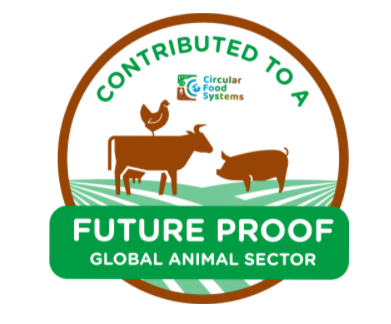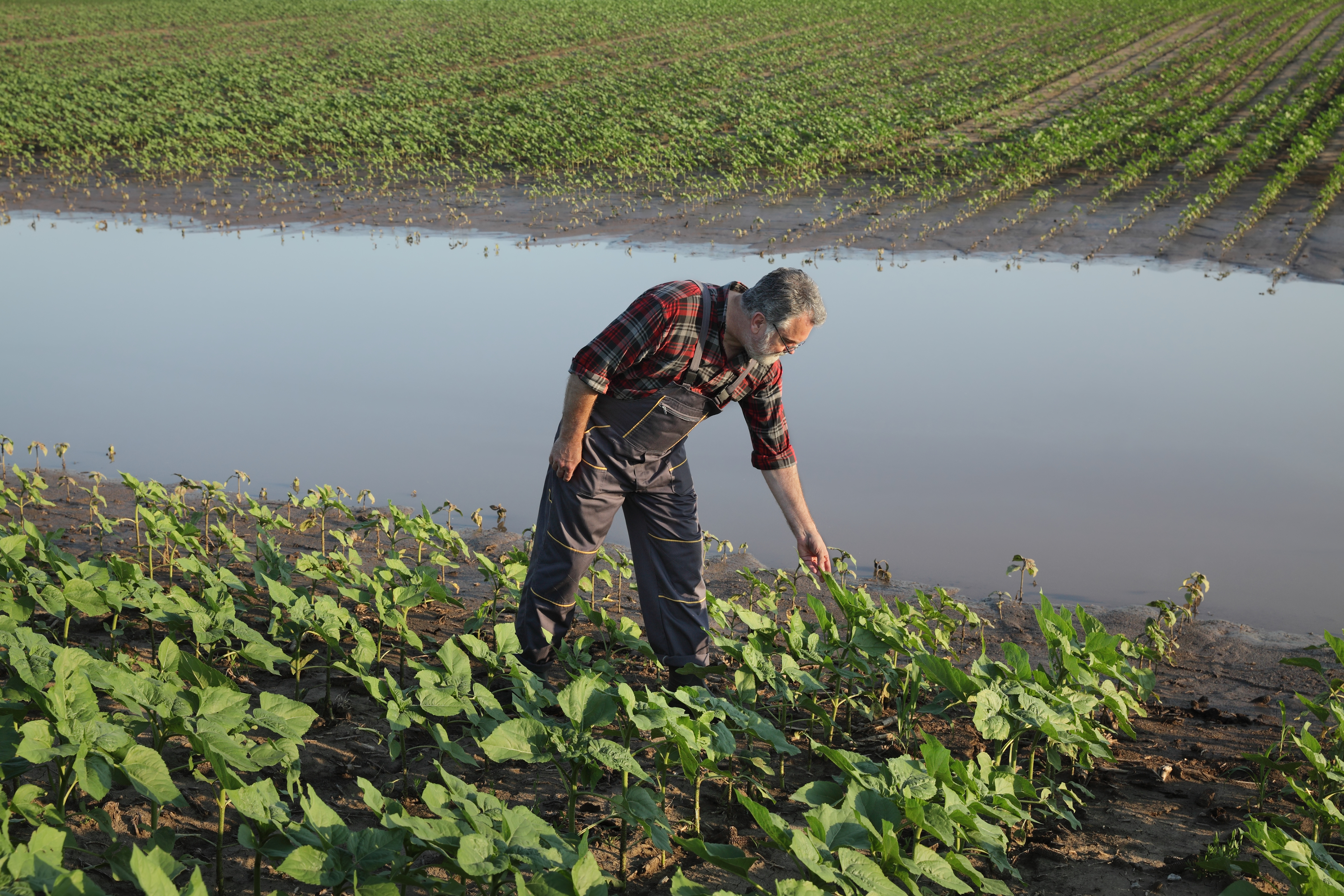



Wageningen University to create global animal production database
Wageningen University is leading a new initiative to create global online database with animal production data from all over the world as to better understand the role of animals in sustainable food systems.For the development of sustainable farming systems, people from all over the world need data.


However, specific details on animal production in certain parts of the world are either lacking, inaccessible or outdated. The Circular Food Systems (CiFoS) project at Wageningen University & Research has decided to take the lead in making this data available for everyone by collecting it through an easily accessible online survey. The goal is to develop a global database that becomes an open resource for researchers, policymakers, farmers, businesses and anyone who is interested in the future of animal production. The project is realized in close collaboration with researchers from World Bank, CSIRO (Australia) and other international partners.
Data allows us to define future pathways in animal production. This is of vital importance to achieve the Sustainable Development Goals and to define the role of animals in sustainable food systems. The database development is part of the project Circular Food Systems that aims to define how a transition towards a circular food system can reduce the pressure on the Earth’s resources.


Who can help realizing the database?
Researchers, policymakers, farmers, businesses and anyone who is interested in the future of animal production are strongly invited to help realizing the database. They can do this by filling in the online survey via this link and urging other people to do the same.
In the survey, respondents can fill in data about the animal production system(s) of their expertise. The questions are grouped in 5 blocks: breeds, herd structure, productivity, feed and housing and manure systems.
Ensuring data protection
Once all data has been received, WUR will process the data and create an online database. To ensure data protection, data will be aggregated to a regional or the country level. Identifiable data will never be made available.
International partners
The new database is realized in close collaboration with researchers from among others the World Bank, CSIRO (Australia) and FiBL (Switzerland).









